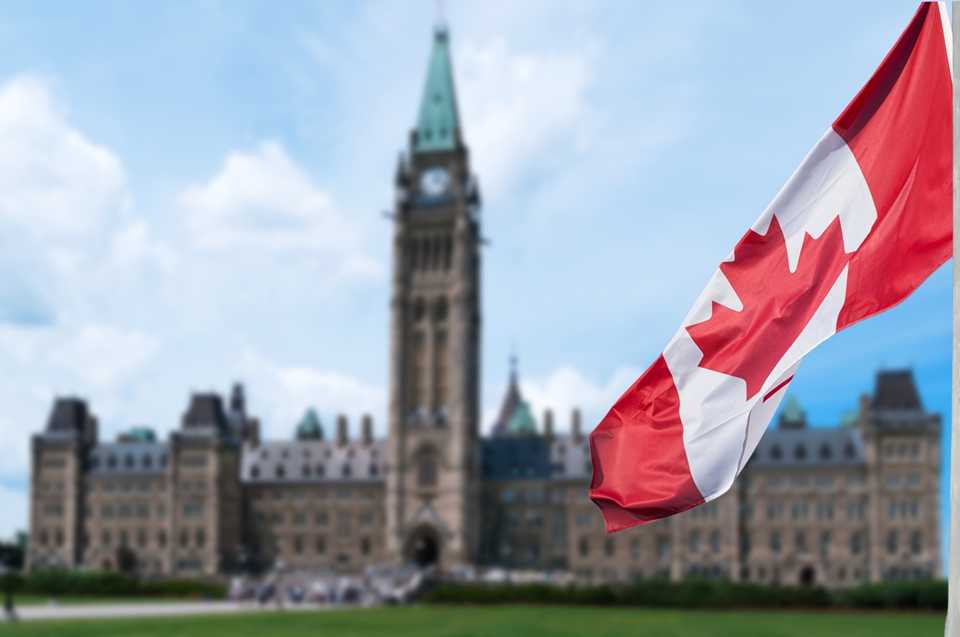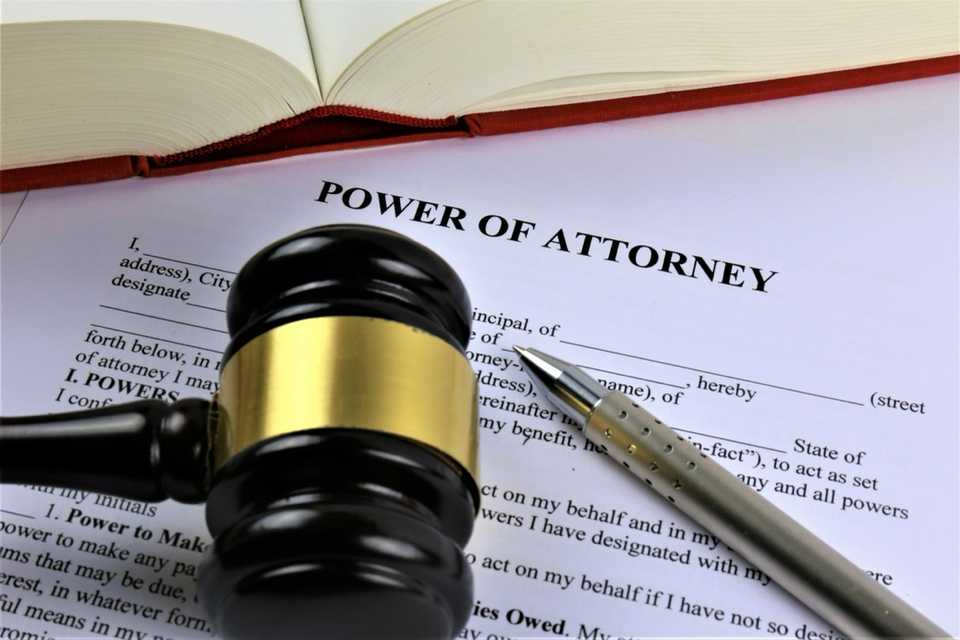Understanding the Concept of Power of Attorney
The Power of Attorney (POA) is a legal document that grants an individual (the "attorney") the authority to act on behalf of another person (the "grantor") in various financial, legal, or personal matters.

Power of attorney is not to be confused with a protective mandate which is enacted for a person who has lost their faculties.
Granting power of attorney can be important for someone who is going on a trip and has some business they need taken care of that they cannot postpone.
Additionally, if you or someone you love is facing an extended hospital stay it can be helpful, by vertu of the power of attorney, to enable someone to act on their behalf to take care of any matter requiring their consent or acknowledgement during their hospital stay.
The Importance of Power of Attorney in everyday life
In fact, the power of attorney is a valuable tool that ensures the smooth management of affairs when individuals are unable to do so themselves. However, it is crucial to understand the different types of POA and their implications under Canadian law.

Types of Power of Attorney in Canada
In Canada, there are two primary types of POA:
- General Power of Attorney:
This type of POA is a legal document that grants broad authority to an individual (referred to as the attorney or agent) to act on behalf of another person (referred to as the grantor or principal) in various matters. It remains effective even if the grantor becomes mentally or physically incapable.
It's important to note that a General POA typically becomes invalid if the grantor becomes mentally or physically incapacitated. In such cases, a Continuing Power of Attorney for Property or a Power of Attorney for Personal Care may be needed to address specific decision-making requirements during incapacity.
- Specific Power of Attorney
This type of POA limits the attorney's authority to specific matters or a defined period. It is often used when the grantor needs assistance with particular tasks, such as selling a property or managing investments. Contrary to the general type of power of attorney, it is granted in regard to a specific designated undertaking.
It's important to note that the POA automatically becomes invalid upon the grantor's death. In such cases, the executor named in the grantor's will assumes the responsibility.
| General Power of Attorney | Specific Power of Attorney | |
|---|---|---|
| Degree of Authority | Broad Authority: A General POA grants the attorney the power to manage the grantor's financial, legal, and personal affairs. For example, this can include tasks such as handling banking transactions, managing investments, signing contracts, paying bills, and making healthcare decisions. | Limited Authority: A Specific POA confers authority to the attorney for specific purposes or tasks. For example, the grantor may grant the attorney the power to sell a property, manage investments, or make healthcare decisions during a specified period. |
| Scope and Limitations | While a General POA provides broad authority, the grantor can still specify limitations or restrictions within the document. For instance, the grantor may exclude certain financial accounts or restrict the attorney's authority to specific transactions. | The document must clearly specify the scope and limitations of the attorney's authority. The grantor can outline the specific actions or decisions the attorney is authorized to make and may exclude any actions or areas not explicitly mentioned. |
| Duration | A General POA can be effective immediately upon signing or may specify a future date or triggering event when the attorney's powers become active. It is essential to clearly state the duration or any conditions for revocation or termination within the document. | A Specific POA can be effective immediately upon signing or may specify a future date or triggering event when the attorney's powers become active. It can also be limited to a particular period. For example, the period can end in the event of the grantor's absence or incapacitation. |
| Capacity of the Grantor | The grantor must have the legal capacity to understand and willingly grant the powers outlined in the General POA and be sound of mind. | Just like with any other type of POA, the grantor must have the legal capacity to understand and willingly grant the powers outlined in the Specific POA. |
| Revocation and Termination | The grantor retains the right to revoke or terminate the General OR Specific POA at any time, provided they have the necessary capacity to do so. Revocation typically requires a written and signed statement of revocation, which should be communicated to the attorney and any relevant parties. | |
| Legal Considerations | Creating a Specific OR General POA requires compliance with the specific legal requirements of the jurisdiction in which it is executed. It is advisable to consult with a lawyer or notary public to ensure the document meets all necessary legal standards. |
Navigating Power of Attorney throughout Canada
In Ontario, the Substitute Decisions Act (SDA) governs the creation and implementation of POAs. The process involves selecting a trustworthy attorney, drafting the document according to SDA requirements, signing it in the presence of two witnesses, conducting a capacity assessment if needed, and considering registration with the Office of the Public Guardian and Trustee.
In British Columbia, the Power of Attorney Act governs POAs. The steps include choosing a reliable attorney, preparing the document in compliance with the Act, signing it in the presence of a lawyer or notary public, obtaining a Certificate of Incapability if required, and considering registration with the Land Title and Survey Authority.
In Quebec, the Power of Attorney is referred to as a "mandate" and is governed by the Civil Code. The process involves selecting a trustworthy mandatary, drafting a written document outlining the mandate's purpose and limitations, signing it in the presence of a notary, registering it at the Register of Personal and Movable Real Rights (RPMRR), and communicating any changes or revocations in writing.
It's important to note that this guide provides a general overview, and it is recommended to seek professional legal advice specific to your situation and jurisdiction.
What does a Power of Attorney Form look like?
Typically, the form required to request power of attorney is similar across Canada and includes very broad general information. Here are some details commonly included in such a form:
- Identification of the parties
- Selecting the type of power of attorney, you are requesting.
- Clearly outlining the scope of authority, you wish to give to the attorney.
- Indicating the period for which you are requestion the POA.
- Including a clause stating the conditions under which the POA can be revoked or terminated.
- Signatures and witnesses
- Notarization is required in some provinces.

The components of the forms can vary greatly from province to province which is why it is in your best interest to consult with a professional to better establish what your needs are and how to go about it.
In Need of a Power of Attorney? Find your Lawyer with JuriGo!
Power of attorney is a legal document that can help you sign over to one person or more the authority to manage on your behalf some of your affairs.
This can be life changing when someone falls ill and becomes incapable of carrying on their daily tasks like managing their finances. Being able to get power of attorney can help you navigate times when you aren’t able to take care of business as usually.
Overall, when completing a power of attorney form in Canada, it is crucial to include accurate and comprehensive information to ensure the document's validity and effectiveness. While the details outlined above provide a general framework, it is always advisable to consult with a legal professional or utilize a standardized form provided by your jurisdiction to address any specific requirements or circumstances.
Don't leave important legal matters to chance—take the necessary steps to secure your future and protect your interests.
Visit JuriGo today and let us connect you with a qualified professional who can provide the guidance and expertise you require.
Fill out our form and let us Find a lawyer for your legal needs!
